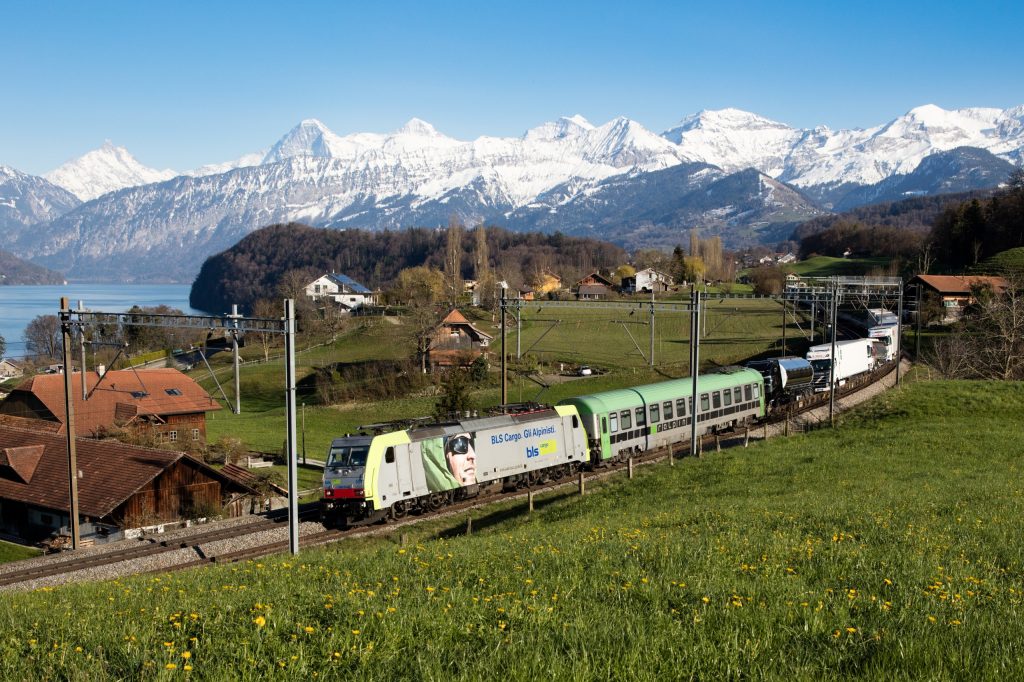 The European rail freight associations (ERFA and CER), together with the Executive Director of the European Union Agency for Railways (ERA), rail freight CEOs and the Chairwoman of the European Parliament’s Committee on Transport and Tourism, Karima Delli, endorsed a joint declaration on the need to accelerate modal shift in the transport of freight.
The European rail freight associations (ERFA and CER), together with the Executive Director of the European Union Agency for Railways (ERA), rail freight CEOs and the Chairwoman of the European Parliament’s Committee on Transport and Tourism, Karima Delli, endorsed a joint declaration on the need to accelerate modal shift in the transport of freight.
The joint declaration predates a 2020 joint declaration which identified the need to act to deliver modal shift. Leading voices of European rail freight sector are now calling for ambition from European policy makers over the coming months.
Three years on from the original declaration, it must be noted that the modal share of rail freight has not increased, as can be observed in the latest European Court of Auditors report on intermodal freight transport. This lack of growth calls into question the feasibility of the European Union’s modal shift objectives of 50% growth of rail freight by 2030 and doubling by 2050 as set out in the European Sustainable and Smart Mobility Strategy. It is therefore clear that a new approach is needed.
Given that rail freight is the most energy-efficient and cleanest mode when it comes to transport of goods, supporting modal shift across the EU should be a matter of top priority. This is all the more crucial as the world, and Europe in the first place, is entering an era of probable
permanent energy scarcity as well as of a needed transition to end fossil fuels. Rail has also proved to be crucial for military transport. Rail freight contributes to both military security of the whole EU territory and to the security of supply of food, energy and materials.
The rail’s modal share of 16.8% in the European Union has not increased for the three years since 2020 and the 30% target set out by Karima Delli and the rail freight sector in 2020 only remains realistic, when an ambitious approach is adopted by the European Institutions as
the operational environment for freight railway undertakings is heavily hit by the effects of the current geopolitical situation.
“Given the 2023 Commission’s work programme and the Green Freight Transport Package to be published in the second quarter of 2023 and given the fact that we may now be entering a long-lasting phase of energy scarcity, we call on the Commission and the Member States to address the following issues, which were in the main presented in the May 2020 joint declaration,” the joint statement says.
The joint declaration highlights the essential role rail plays to achieve European Green Deal objectives and calls the EC to address several issues which were in the main presented in the previous declaration referring to the energy and CO2 (including the needed measures to be introduced), multimodality, making rail as priority, enabling technology deployment – ERTMS, digital capacity management, DAC, as well as massive investments to strengthen and foster modal shift across the EU and the rail freight sector.
The declaration has been also signed by CEOs of 19 freight transport companies.
Share on:



